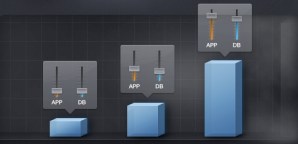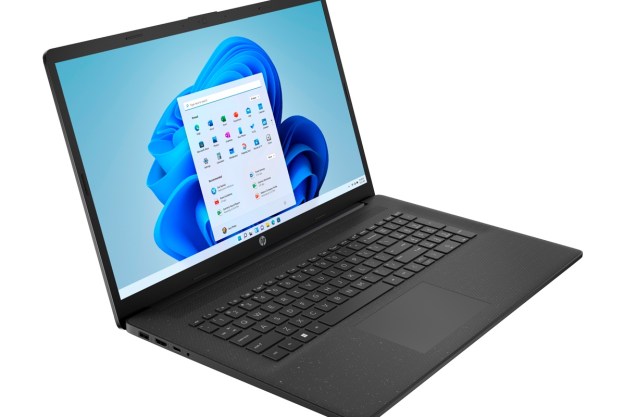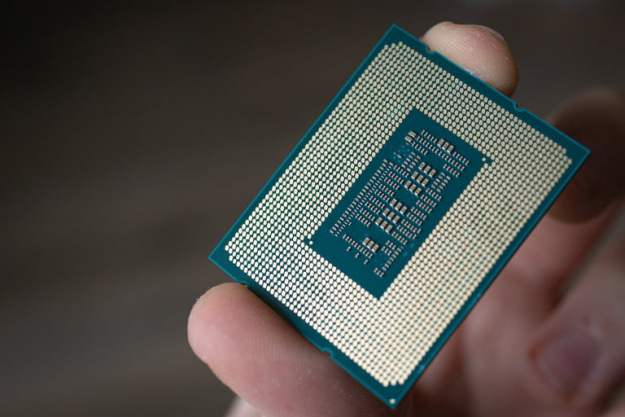 PHP is one of the most popular web development languages in the world, with millions of active developers and tens of millions of PHP-based sites already in deployment. PHP Fog makes deploying and scaling PHP applications easier in the cloud.
PHP is one of the most popular web development languages in the world, with millions of active developers and tens of millions of PHP-based sites already in deployment. PHP Fog makes deploying and scaling PHP applications easier in the cloud.
The company offers one-click deployments for many popular PHP apps and frameworks including WordPress, Drupal, Kohana, Zend, and SugarCRM. Also, with PHP Fog’s N-tier scaling, customers no longer have to worry about reliability, since every part of their web stack has built-in redundancy and failover. Customers only pay for what they use, so for companies just starting out this provides a great alternative to having to buy expensive hardware.
Developers have full access to the source code of their PHP application through git. Simply by pushing code changes to PHP Fog developers will see those changes published to the cloud.
The company was founded in 2010 by Lucas Carlson, a PHP developer for over 8 years and one of the leading Ruby developers in the world. Before starting PHP Fog, Lucas was engineer #1 at Mog and helped to build and scale the site to tens of millions of monthly pageviews. Lucas also wrote the Ruby Cookbook for O’Reilly and is active in the open source community.
“I couldn’t be more excited about all the strong investors the company has been able to attract,” said Lucas Carlson. “We are in a space that is changing every day, but the opportunity is massive. Now we have the resources to scale quickly and provide a world-class service to PHP developers.”
Currently PHP Fog is by invitation only. You can register for an invitation on its website.


